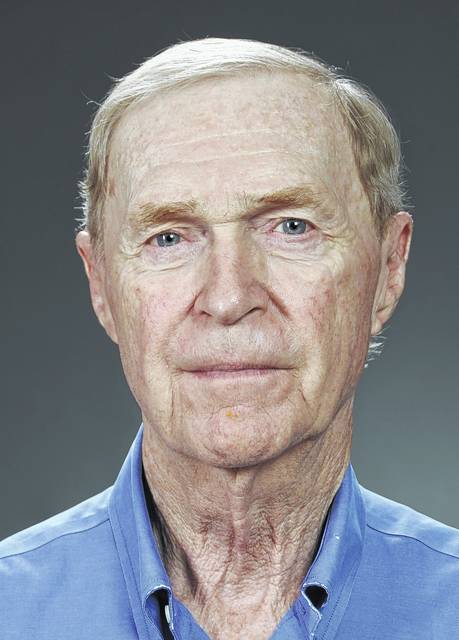The well-being of a nation depends, greatly, on the health of its citizens. Schools, companies, and military forces can function effectively only if they are staffed by healthy people. Yet we, in the United States, struggle endlessly trying to decide how to provide health care, the ultimate basis for success of any endeavor. Should it be universal health care where we pay taxes that entitle us to necessary health services, or should we receive health care only if we can afford to pay for it? Anything that can be labeled socialist is routinely condemned, but the roads we drive on, the bridges we cross, the courthouses we use are collectively financed by the taxes we pay. Social Security and Medicare are financed by taxes. These are not free enterprise activities; they are socialistic, and they serve us well. Strangely, dental health is omitted from many health insurance plans, whether public or private.
The Florida Dental Association Foundation sponsors an annual weekend of free dental service. Last year, it was held in Jacksonville, Florida. Three thousand patients received dental care, but 5000 had to be turned away. This year, the weekend event will be held in Pensacola, Florida, where 340 dentists and 790 staff will provide free dental service. This is very commendable volunteer service, but why should it be necessary? Why should a nation that calls itself “exceptional” refuse to meet a fundamental human need? Generous volunteer efforts can only cover a small fraction of the health needs of a nation.
A study at Harvard University indicated that the leading cause of individual bankruptcy filing is medical bills that exceed the patient’s ability to pay. More than 70 percent of those who sought protection in bankruptcy had health insurance but still incurred unpayable medical bills. The U.S. Census Bureau reports that 43 million Americans live in poverty.
Medicare, a successful medical care program for those aged 65 or older, is financed by a 1.45 percent tax paid by employees and a matching 1.45 percent tax paid by employers. That 2.9 percent tax may not be sufficient in the future because the proportion of elderly Americans is increasing and because people are living longer. This tax rate is fairly modest considering that the lion’s share of health care cost is incurred by the elderly. The Medicare concept could be expanded to all of the American population without incurring an excessive tax burden. It could even include dental care.
Throughout most of the human experience, medical care did not exist. The medical science that makes useful health care possible is a very recent development, and medical research on the horizon promises even better medical care. We are very fortunate.
Insurance is a concept that works well for rare events. Medical needs are not rare. Medical care is very costly. There is no valid reason that we should be further burdened with a requirement to pay profits to insurance companies when we need health care. We need to adopt a healthy health care system that strengthens the foundation of our American society.

